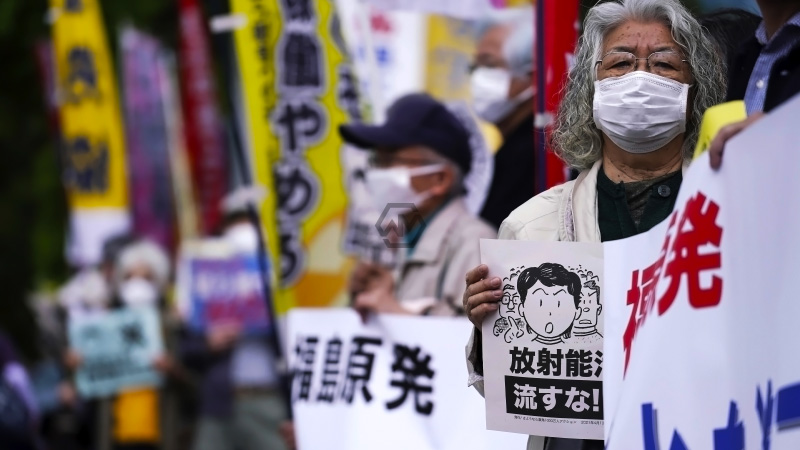In the upcoming months, the Japanese government is anticipated to discharge water from its Fukushima nuclear power plant into the Pacific Ocean. The choice was made in response to a severe catastrophe at the plant in 2011 brought on by a tsunami brought on by a magnitude 9.0 earthquake.
Although the water has been utilized to cool the meltdown reactor at the Fukushima Daiichi Nuclear Power Plant, storage is likely to run out in the early part of 2024 after filling more than 1,000 tanks. There is very little radioactive energy left in the water after rigorous dilution procedures.
Toxic Radioactive Waste
The Japanese government is proceeding slowly and cautiously on this, and studies from the international regulatory organization Independent Atomic Energy Agency have supported its strategy. Robert Richmond, a member of the Pacific Islands Forum’s Scientific Advisory Panel, contends that the idea is untimely and unwise.
Professor Marks said that even though the Pacific Island Forum Scientific Panel had suggested using the wastewater to create concrete, doing so would eventually cause the radioactivity in the water to be discharged into the atmosphere.
- Japanese government plans to discharge Fukushima water into the Pacific Ocean.
- Japanese government cautiously adopts the nuclear energy strategy, despite criticism.
- Tritium-containing water may reach Australia, but not significant.
Tritium, a form of hydrogen created as a byproduct in nuclear reactors, is of concern to the principal experts on radioactive chemicals.
Tritium-containing water might ultimately reach Australia, but it wouldn’t even be that noticeable, let alone an issue. Small amounts of tritium are also produced naturally when cosmic rays strike the earth’s atmosphere and fall into the oceans.
Regular demonstrations against the issue have taken place in Japan and South Korea, where some South Koreans have been buying salt and seafood in large quantities out of concern that their food and oceans may soon become contaminated. Surangel Whipps Jr., president of Palau, suddenly changed his mind and is now in favor of the choice.



